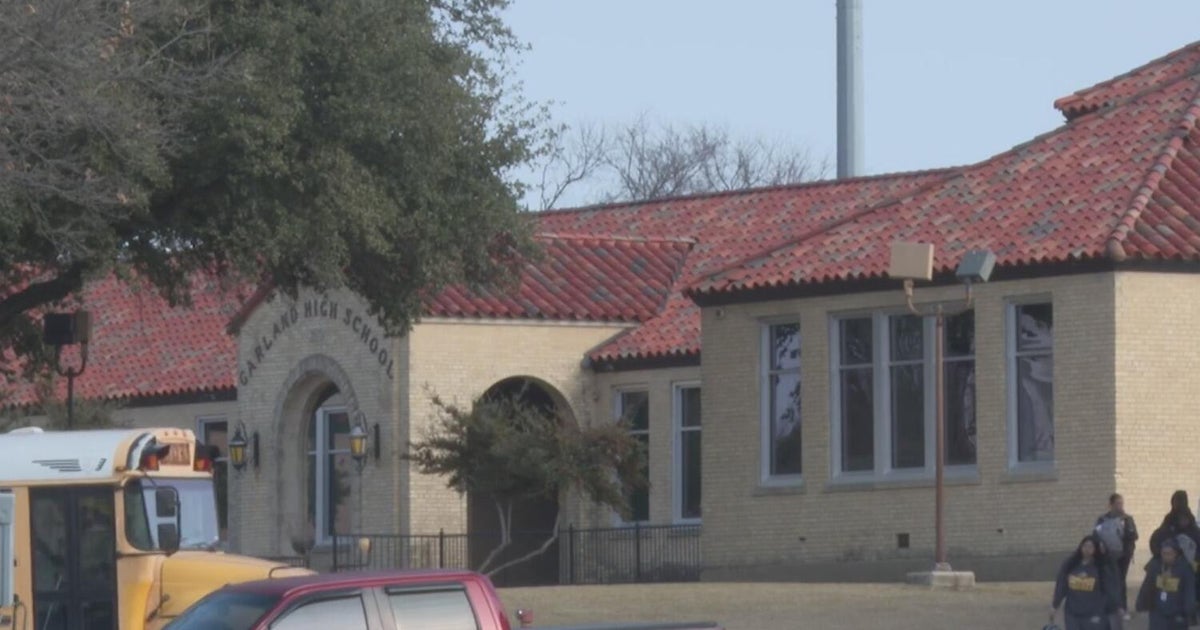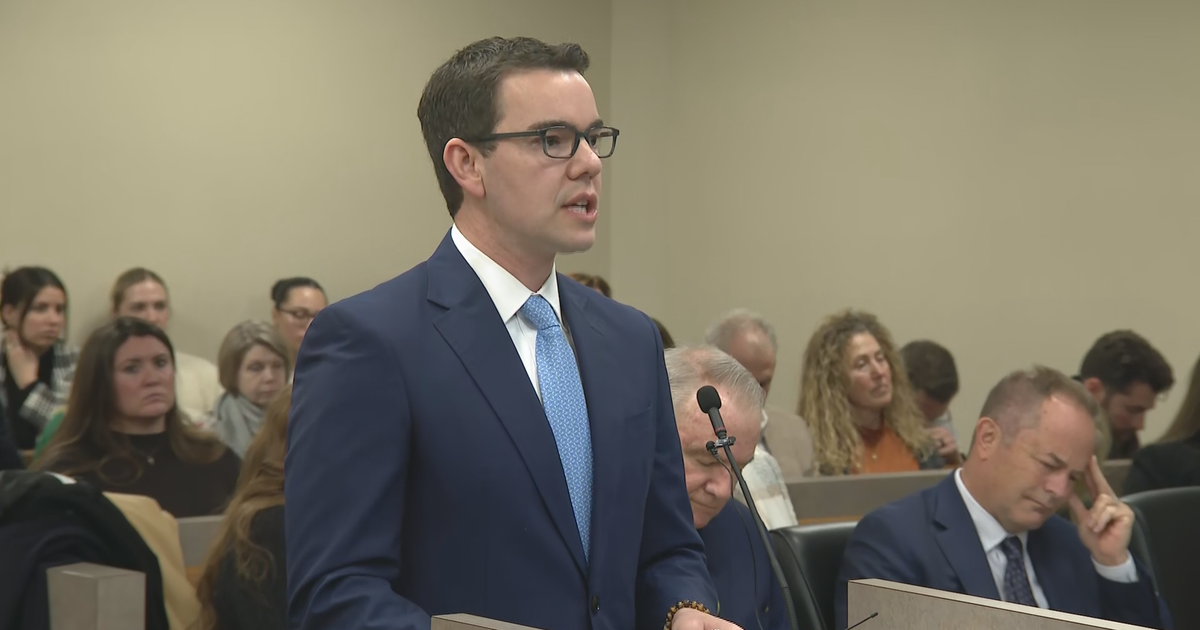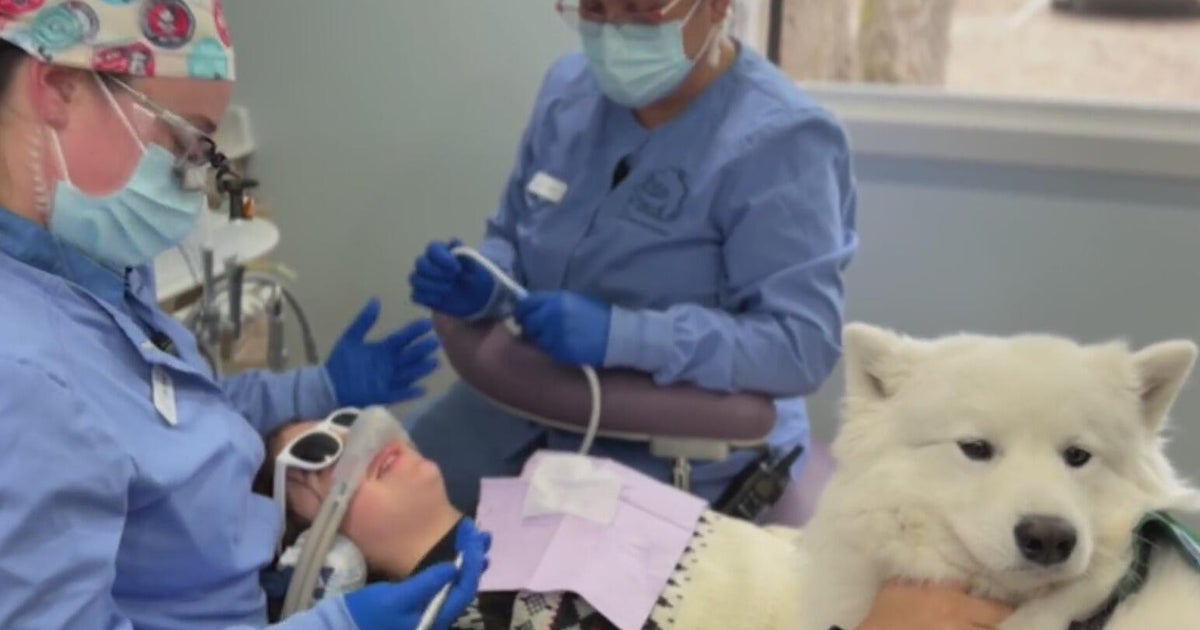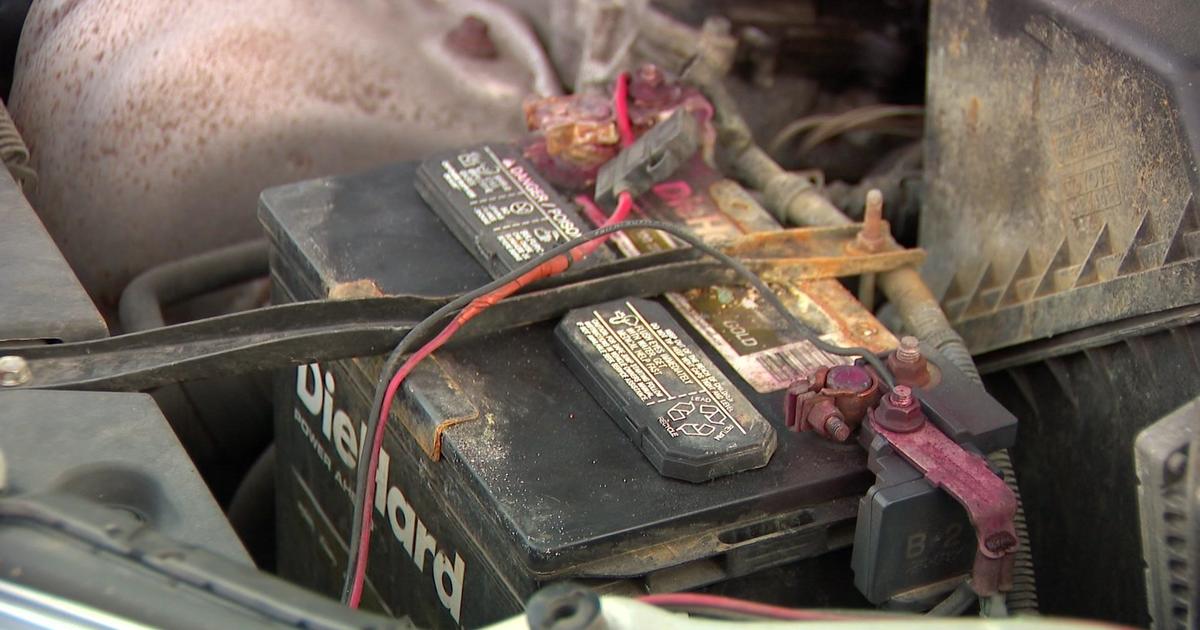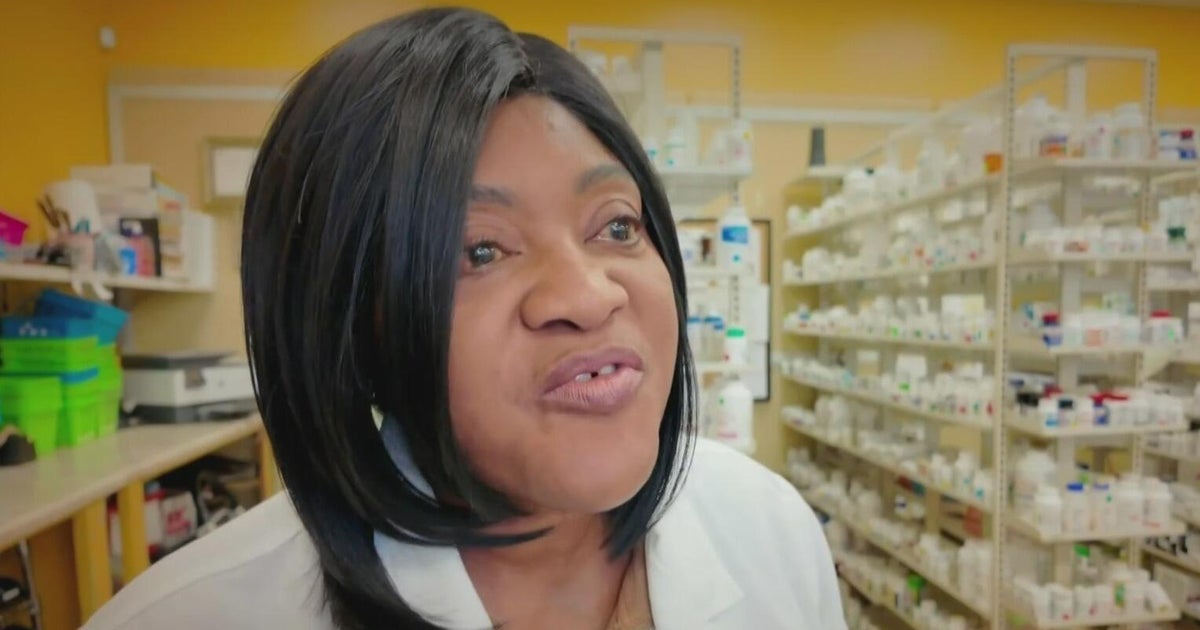FDA-approved Alzheimer's drug Leqembi gives hope to patients
MCKINNEY (CBSNewsTexas.com) — In a family of unapologetic alpha personalities, Gail Youngdale of McKinney was not known as a fighter. Until life came at her swinging.
"My mother died with Alzheimer's and then my children started saying, 'Mother, you're doing the same things,'" Youngdale shared.
She admits she didn't want to hear it. But finally saw a doctor, who delivered a gut punch.
"You have mild cognitive impairment," Youngdale recalled. "Well, I don't like that...what's the next step? And she said, 'Alzheimer's.' I didn't like that."
The now 80-year-old said she prayed and prayed until she found Kerwin Medical Center in Dallas, who had her try a Leqembi clinical trial.
"What I tell patients is that the diagnosis today is very different from five, 10, 20 years ago," Kerwin Medical Center founder Dr. Diana Kerwin said. "Because it is going to change the course of the disease."
Kerwin, who's a nationally recognized researcher in Alzheimer's, has been a part of the study for the past four years and her medical center is one of five Texas sites responsible for enrollment of participants, safety and data collection.
Although it is not a cure, she calls Leqembi a "game changer" as it slows the progression of the disease, allowing patients greater quality of life for longer. It will also likely jump start new developments.
"While Leqembi may not be the end-all, be-all drug, it is a big breakthrough. It's a big movement for patients with Alzheimer's disease, and also, like I said, the science is going to move very fast now, and furious," Kerwin said. "Every day is going to be more and more hopeful for our patients."
As with all medications, there are potential side effects that require patients to be closely monitored, including brain bleeds.
"I went through the brain bleeds and the brain swelling a little bit," Youngdale said. "But it goes away."
She continued to say the risks are worth the results she's already seeing. "It's working. It's working. Daily, I'm more calm and my brain is more clear."
Youngdale, who now lives in a McKinney retirement community, says her life is full of activities and she's even resuming hobbies that the slow creep of Alzheimer's had already taken away.
She said she's glad she sought help while there was still time for the treatment. And so is her daughter, Teri. "To say that I'm proud of her...there's just no words."
But there is tremendous gratitude that goes beyond the improvement she's seeing in her mother. Teri also has the Alzheimer's gene.
"I know I'm not going to end up in that bed like my grandmother," she said. "I know that I'm not going to forget to speak. I know I'm not going to forget to breathe. I'm not going to forget to eat. I'm not going to forget to swallow...There's hope."
If you'd like to know about different ways you can support the Alzheimer's Association, you can visit the website here.

